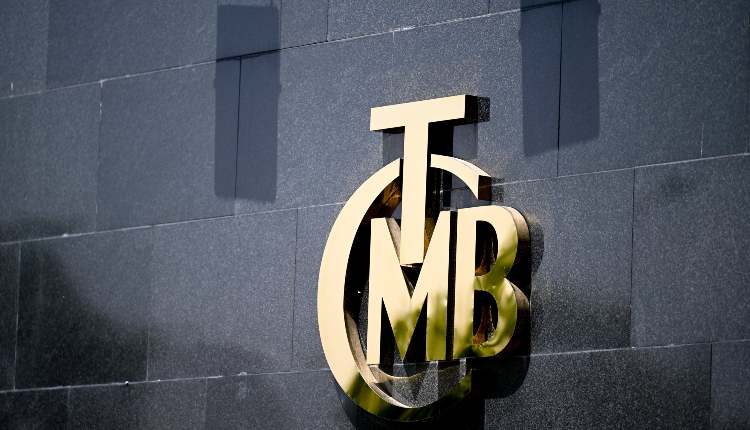The Turkish Central Bank decided to hold interest rates, for the first time since May, as it transitions to a new governor who has adopted a more hawkish stance than his predecessor, Bloomberg reported.
The one-week repo rate remained at 45 per cent on Thursday, as anticipated by the Monetary Policy Committee (MPC) under Governor Fatih Karahan, who also matched the projections of every economist Bloomberg surveyed.
In a statement that accompanied its decision, the MPC stated that it may tighten policy “in case a significant and persistent deterioration in inflation outlook is anticipated.”
“The Committee assesses that the current level of the policy rate will be maintained until there is a significant and sustained decline in the underlying trend of monthly inflation and until inflation expectations converge to the projected forecast range,” it said.
Following the rate announcement, the lira saw minimal trading movement.
Karahan was a deputy governor for the majority of the tightening cycle, which saw rates rise by 36.5 percentage points throughout eight consecutive moves. Karahan was previously an economist with the Federal Reserve Bank of New York and Amazon.com Inc. He took over for Hafize Gaye Erkan, who abruptly left earlier this month.
The economy that the new governor takes over continues to be driven by domestic demand, which fuels inflationary pressures and keeps price growth on course to surpass 70 per cent in the coming months.
The 36 per cent inflation rate that the central bank projects will occur by the end of 2024 is an “ambitious but attainable target,” according to Deputy Governor Cevdet Akcay.
Officials now prefer to gauge how strict policies are based on the anticipated path of inflation, even though rates are still extremely negative when adjusted for current prices.
The central bank is relying on the momentum of disinflation it attempted to establish under Erkan by discontinuing its cycle of rate increases.
Moreover, as part of a move away from the era of cheap money and unconventional policies, Karahan’s arrival at the MPC last July and the appointment of two other new members sped up the pace of monetary tightening in the months that followed.
Another risk associated with looser fiscal policy ahead of the March local elections is the rise in monthly inflation, which has already reached its highest level since August due to wage and tax increases.
Notably, the impact of a significant pay increase in January was identified by the central bank earlier this month as the largest upside risk to consumer prices. Another concern is sticky inflation, which affects rental costs in the services sector.


